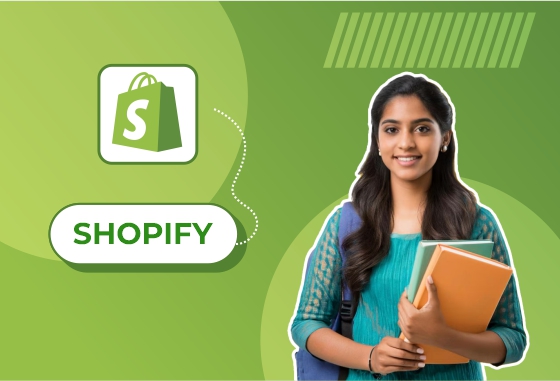
Blockchain-Based Supply Chain for Ethical Sourcing
Blockchain-Based Supply Chain for Ethical Sourcing
Objective:
To develop a decentralized platform leveraging blockchain technology to ensure transparency, traceability, and accountability in supply chains, thereby promoting ethical sourcing practices, fair labor standards, and environmental sustainability.
Key Features:
Immutable Record-Keeping: Utilizes blockchain's tamper-proof ledger to record every transaction, ensuring data integrity and preventing fraud.
End-to-End Traceability: Tracks products from raw material extraction to final delivery, allowing stakeholders to verify the origin and journey of goods.(maevyfinn.com)
Smart Contracts: Automates compliance with ethical standards by executing predefined agreements when certain conditions are met.(Prism → Sustainability Directory)
Decentralized Verification: Enables multiple parties to validate transactions, reducing the risk of manipulation and enhancing trust.
Consumer Transparency: Provides consumers with access to product histories, empowering informed purchasing decisions.
Technologies Used:
Blockchain Platforms: Ethereum, Hyperledger Fabric, or other suitable platforms for creating decentralized ledgers.
Smart Contract Languages: Solidity or other languages for developing self-executing contracts.
InterPlanetary File System (IPFS): For decentralized storage of documents and certifications.
Internet of Things (IoT): Devices for real-time monitoring of environmental and labor conditions.
QR Codes/RFID Tags: For consumer access to product information via mobile applications.(Prism → Sustainability Directory)
How It Works:
Data Entry: Each participant in the supply chain records relevant data (e.g., sourcing practices, labor conditions) on the blockchain.(MoldStud)
Smart Contract Execution: Agreements related to ethical standards are encoded into smart contracts, which are automatically enforced.
Real-Time Monitoring: IoT devices capture data on environmental and labor conditions, feeding this information into the blockchain.
Consumer Access: Consumers scan QR codes or RFID tags to access the product's journey and ethical credentials.(Prism → Sustainability Directory)
Auditing and Reporting: Stakeholders can audit the blockchain to ensure compliance with ethical standards and regulations
.
Benefits:
Enhanced Transparency: Provides a clear, unalterable record of product origins and supply chain practices.
Improved Accountability: Holds all parties accountable for their actions, reducing unethical practices.
Consumer Empowerment: Enables consumers to make informed choices based on ethical considerations.
Regulatory Compliance: Facilitates adherence to international standards and regulations.
Operational Efficiency: Streamlines processes and reduces paperwork through automation.
Real-World Implementations:
Volvo's Battery Passport: Volvo has partnered with Circulor to create a "battery passport" that allows customers to trace the origins of raw materials used in electric vehicle batteries, ensuring ethical sourcing .(WSJ)
Sourcery's Cotton Impact Program: Sourcery uses blockchain to connect cotton economics directly to farming practices, enabling farmers to track data such as water usage and soil health, ensuring ethical sourcing .(Vogue Business)
WWF's OpenSC Platform: The World Wildlife Fund supports OpenSC, a blockchain platform that enhances transparency in global supply chains, starting with fish caught in sub-Antarctic waters, to promote ethical sourcing .(WIRED)





